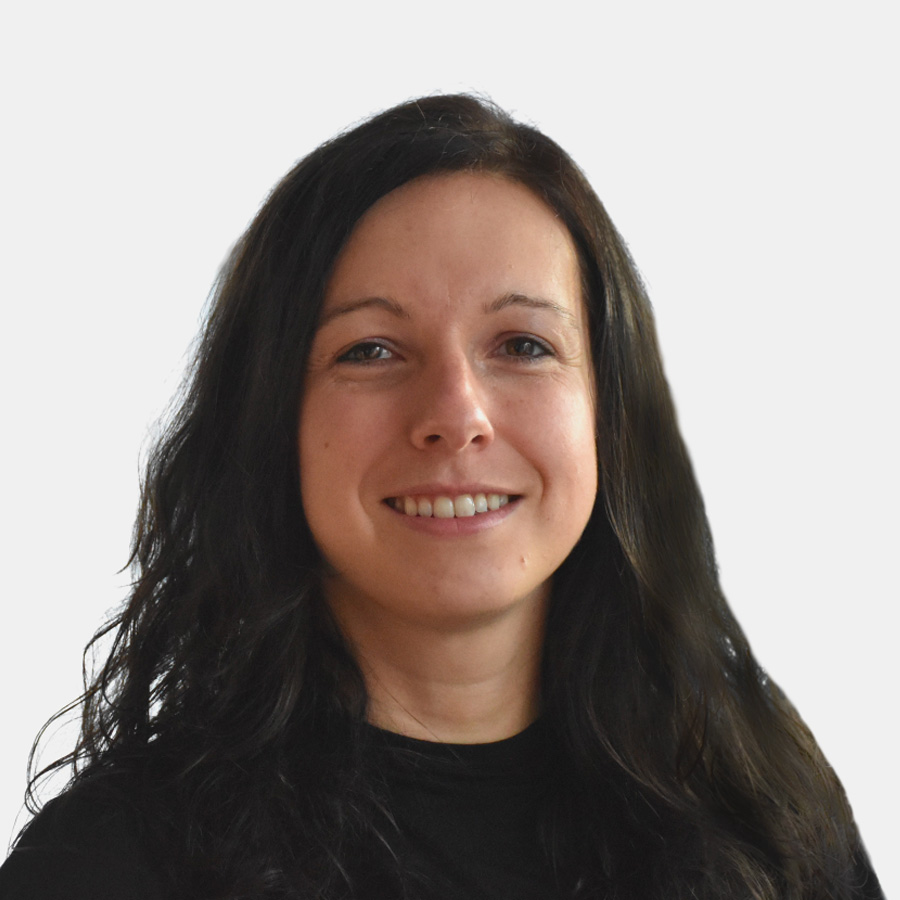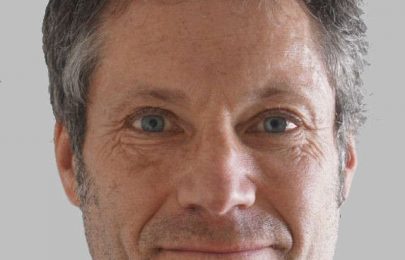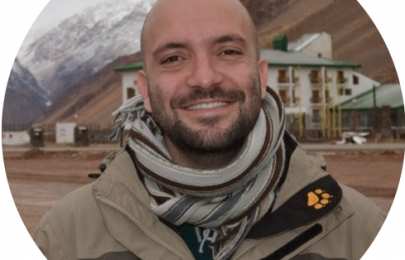Welcome Professor Roscher!

The arrival of our guest professors continues. This month we are happy to share that Prof. Dr.-Ing. Ribana Roscher has joined our AI4EO Future Lab as co-leader of the Uncertainties lab pillar topic.
Professor Roscher studied Geodesy at the University of Bonn, and pursued her PhD degree at the Department of Photogrammetry of the IGG, in the mentioned University. Since then, she has been enriching her research and academic experience in different universities and institutes. She is currently the leader of the Remote Sensing Group of the Institute for Geodesy and Geoinformation (IGG) of the University of Bonn.
Her research interest and experience is at the development of machine learning methods for remote sensing data with particular focus on Explainability.
To know a bit more from herself, we asked her the following questions:
Thank you Professor Roscher for taking the time for this conversation:
1. Could you please tell us what have been your latest research topics and interests? If possible could you explain briefly what is it about?
Lately, I have been working on 2 research topics in particular. First, I am interested in explainable machine learning and how we can use it for scientific applications, and especially for deriving new insights. In my group, for example, we are working on how an algorithm can recognize wilderness in satellite imagery in order to better define this so far insufficiently defined class and to enable a global mapping. Furthermore, I am working on generative models for sustainable agriculture, for example for predicting the future appearance of plants given different environmental factors.
2. One of your main goals at our group is focusing on Explainability. Could you please share briefly your personal diagnosis and perspective about the current state of Explainability of Machine Learning?
The desire for explainability is in itself nothing new in remote sensing, for example feature selection has long been used to find out which bands in satellite imagery are important for the decision of a machine learning model. With neural networks and the developments of methods that provide interpretations to the neural network decision process, we have a whole new set of possibilities to find explanations, however it can also be more difficult to extract them. Perspectives I see are the use of explainable machine learning to get explanations that provide new scientific insights or the combination of explainability and uncertainty to reveal, for example, the cause of uncertainty.
3. One of your most recent topics are related to agriculture. It is foreseen that AI plays an important role in food security strategies and future agricultural practices. How do you think AI will impact mid- and long-term this field?
I think it will play a big role in many areas of agriculture – already now and in the future. Artificial intelligence can be used to develop new technologies for sustainable crop production by optimizing breeding and crop management. A key driver here is that we need to use our limited resources in a more sustainable way. Currently, AI is used to improve our understanding, for example, of biodiversity and the interactions between plants and their environment.
4. What excites you most about your future work in the AI4EO Future lab?
I find it exciting that so many researchers with different backgrounds and similar interests come together. This provides an opportunity that can lead to great research findings. In addition, I find the topics covered in the lab exciting because they go beyond the topics that are currently mainly considered in machine learning and remote sensing.
5. In your opinion what is the biggest challenge of artificial intelligence nowadays?
One of the biggest challenges I see is that the results and the models we develop have a high value for the user. This is different depending on the discipline and application, which means that we have to adapt machine learning models to the specific goal in terms of transparency, reliability, complexity, etc. without becoming too specific or/and losing any generalization ability.
6. Did you imagine yourself as a scientist when you were a kid? How do you remember your childhood dreams?
I actually wanted to be a scientist when I was a little kid. At the time, I thought all scientists stood in the lab all day, wearing white coats and doing experiments. So, for example, much to the dismay of my parents, I ruined many cotton cloths with all sorts of stains and tested how best to remove them with whatever products I could find. Everything was of course repeated several times, documented and presented (with and without an audience). I was absolutely convinced that I could develop a new product. In the end, maybe not so different from my approach nowadays.
Thank you once more Professor Roscher for sharing this with our colleagues and website readers. The AI4EO Lab team give you a warm welcome to the group and we wish you a fruitful and nice research stay in Munich.


